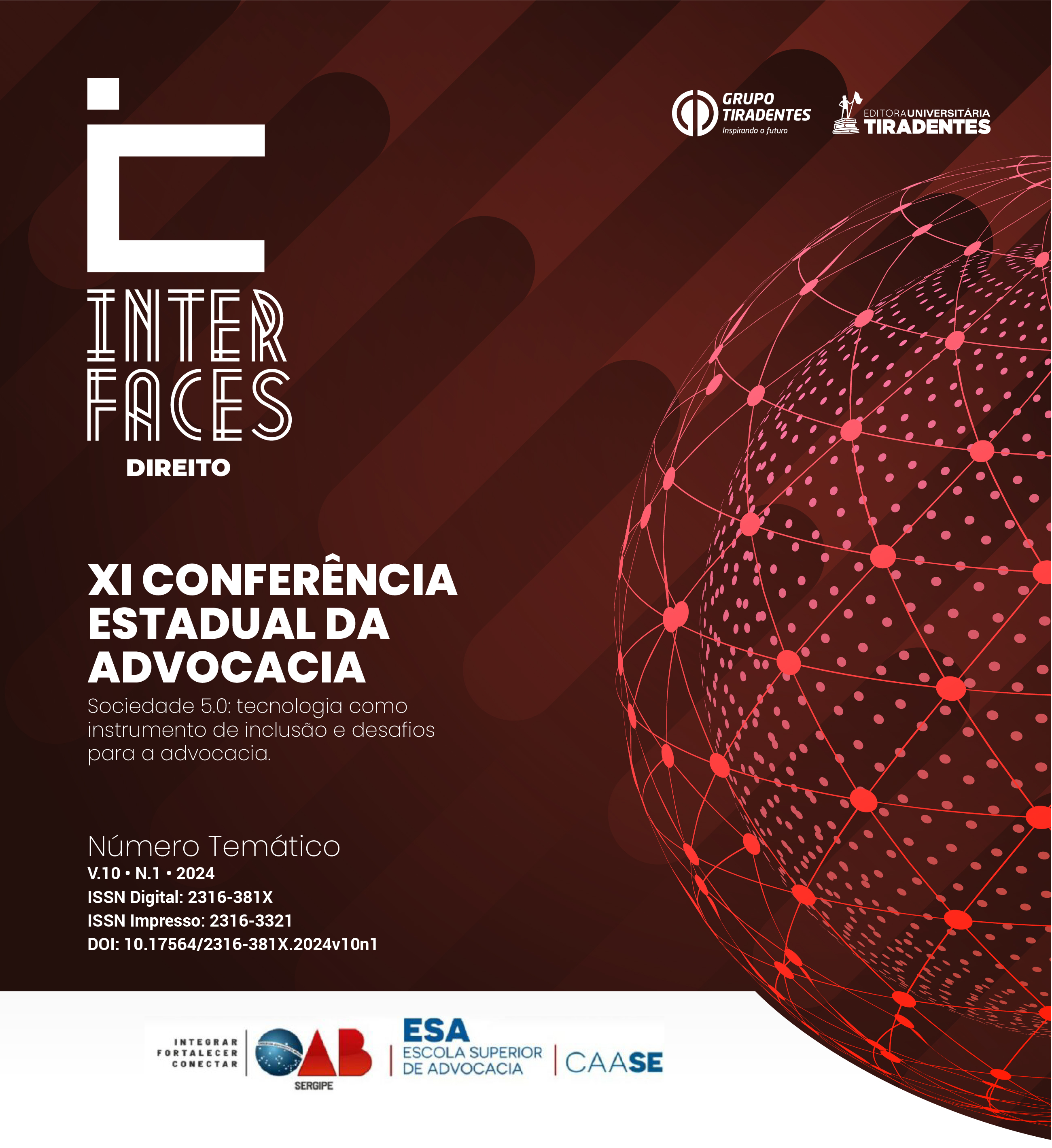INTELIGÊNCIA ARTIFICIAL E SUA CONSONÂNCIA COM O ORDENAMENTO JURÍDICO BRASILEIRO
Abstract
Technological advancements have ushered in the integration of artificial intelligence, revolutionizing task execution. However, the decision-making capabilities of this technology require careful legal consideration. This study explores whether the Brazilian legal system establishes foundations and regulations to safeguard society and constrain actions undertaken by artificial intelligence entities. We assess the alignment and legal framework within Brazilian law, seeking to ensure the protection of citizens by regulating the scope of artificial intelligence utilization. Through examination of both domestic and international cyber norms, we scrutinize how legal professionals engage with this technology, identifying key challenges in tempering this innovative force through the encoding of principles, rules, and standards. Additionally, we identify potential sources to inform the development of guiding principles for artificial intelligence. While belated, regulatory measures are imperative in light of global mishaps, which serve as stark warnings against unchecked utilization. Economic interests have pushed for rapid deployment, pressuring authorities, yet the legal integrity of our nation demands a cautious approach. The absence of regulation could undermine core human principles, some universally essential for juridical stability. This study employs qualitative methodology, supplemented by digital, bibliographic, and documentary research, to offer a comprehensive comparative analysis of fundamental concepts and real-world occurrences.












